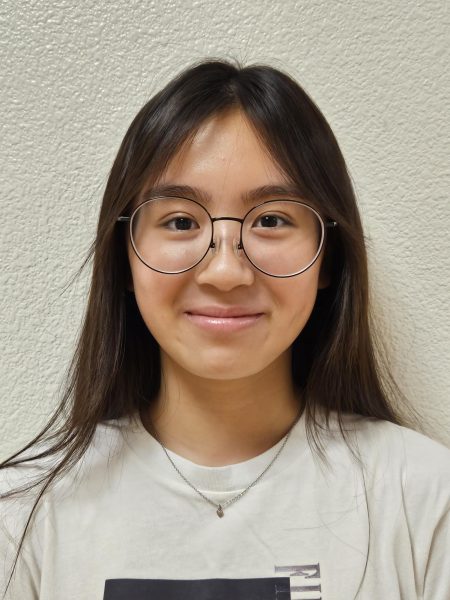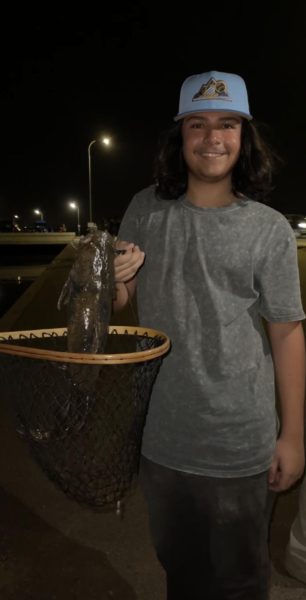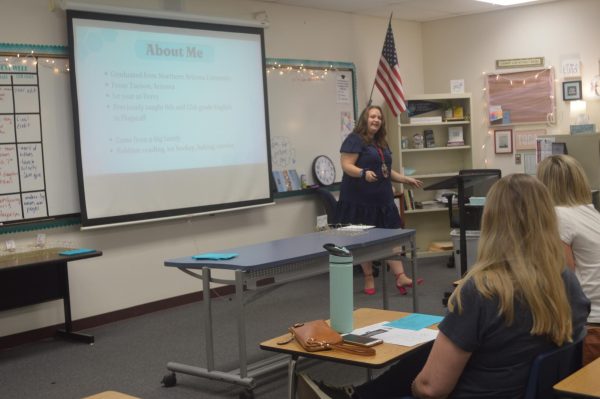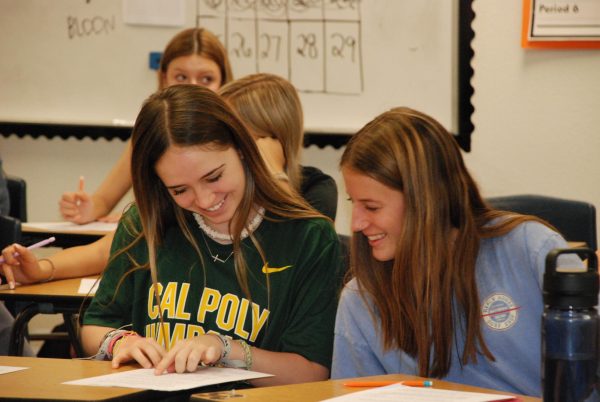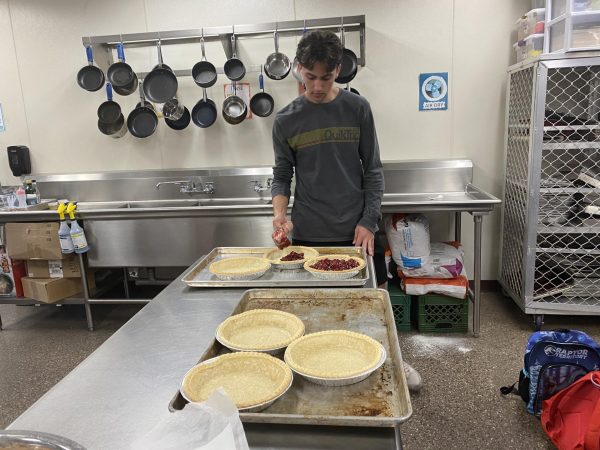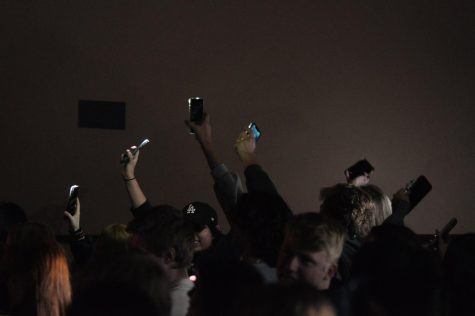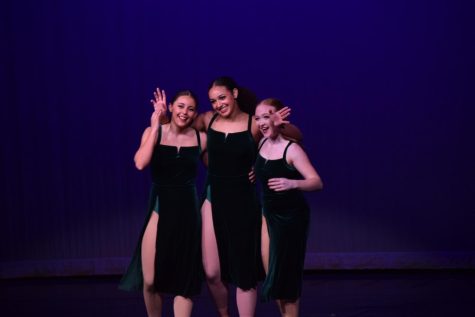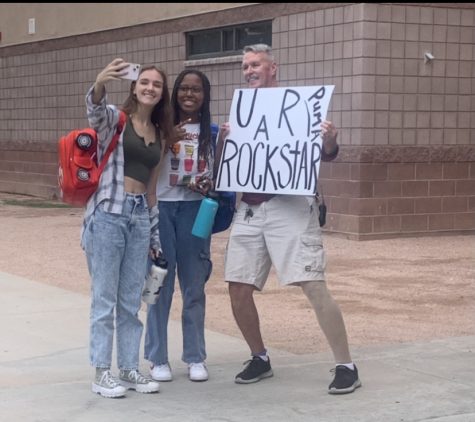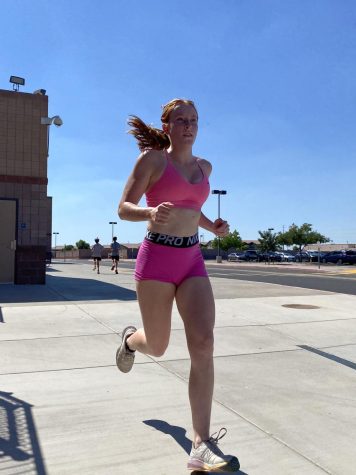The Hour of Code
In this new day and age, computers are widely used, making computer science an inevitable necessity for society. From last year, a world-wide event called the Hour of Code brought 15 million students to try computer science. Now, it is Perry’s turn to join the event.
Students Maurice Ajlun and Tanner Lisonbee are part of Perry’s Computer Programmers United Club (CPU)/ Java Club, who came into classes during conference, in order to promote the hour of code. These CPU members then later, held a session after school on Dec. 11-12 from 2:30-4:30 in room F407, to teach students basic coding information.
Ajlun and Lisonbee gave a brief preview of their presentation, describing the overall dynamics of the hour of code.
“A lot of it is about trying to get people into the field of computer science… Of math and science students, only two percent of those are computer builders, but by 2020 60 percent of math based jobs are in use computer science,” Ajlun stated.
Lisonbee continued with, “So, in other words, there’s going to be so many jobs and only one person to fill all of those jobs. So that’s why we’re here encouraging people to come into this kind of field because it is a currently growing field right now…Computer science is reaching out to many many different fields and is becoming a big part of how our society works. So that’s why with people in other fields we need them to know at least the basics of computer science.”
So that’s why we’re here encouraging people to come into this kind of field because it is a currently growing field right now.
— Lindsey Tillman
AP Computer Science teacher, Lindsey Tillman described the after school function saying, “There’s going to be a number of different languages offered to each team member, there’s going to be JavaScript, Java, and just some kind of basic introductory games that use computer programming logic… And we are going to have a guest speaker who is going to give a little information about him, his job, the profession, what he is currently developing, and then is going to stay after and kind of answer any questions or if people are interested, pick his brain about what he does.”
Those interested will enter the site Code.org, in which students will be able to create an assortment of codes that include apps, websites, and online games.
Lisonbee commented on the desire of the event explaining, “We’re trying to show people, it’s not hard and anyone could do it.”

Kacee is staff reporter of the Culinary Arts and Science Department. As her junior year at Perry, this is her first time writing for the precedent.

